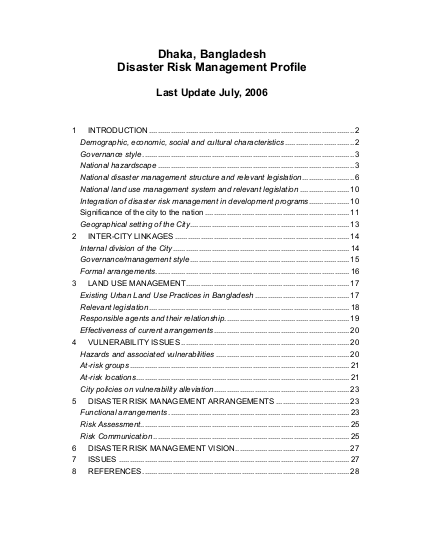
Bangladesh is a unitary, independent and sovereign Republic known as the People’s Republic of Bangladesh. Bangladesh emerged as an independent country on March 26, 1971. The war of liberation ended on 16 December 1971 with the victory of Bangladesh forces and the surrender of the occupying Pakistani Army. The area was under Muslim rule for five and a half centuries and passed into British rule in 1757 AD. During the British rule it was a part of the British Indian province of Bengal and Assam. In August 1947 it gained independence from British rule along with the rest of India and formed part of Pakistan known as East Pakistan until it became independent. The total population of Bangladesh presently (August 2005) is 144 million, about 98% of who are ethnic Bengali and speak Bangla, and are called Bangladeshis. Urdu-speaking, non-Bengali Muslims of Indian origin, and various tribal groups, mostly in the Chittagong Hill Tracts, comprise the remainder. Most Bangladeshis (about 88.3%) are Muslims, but Hindus constitute a sizable (10.5%) minority. There also are a small number of Buddhists, Christians, and animists. English is spoken in urban areas and among the educated.2 Bangladesh has a rich historical and cultural past, combining Dravidian, Indo-Aryan, Mongol/Mughul, Arab, Persian, Turkic, and Western European cultures.
Resource collections
- UN Habitat - Urban Response Collection
- Urban Response - Urban Crisis Preparedness and Risk Reduction
- Urban Response Collection - Community Engagement and Social Cohesion
- Urban Response Collection - Economic Recovery
- Urban Response Collection - Environment and Climate Change
- Urban Response Collection - Housing, Land and Property
- Urban Response Collection - Urban Crisis Response, Recovery and Reconstruction
- Urban Response Collection - Urban Resilience